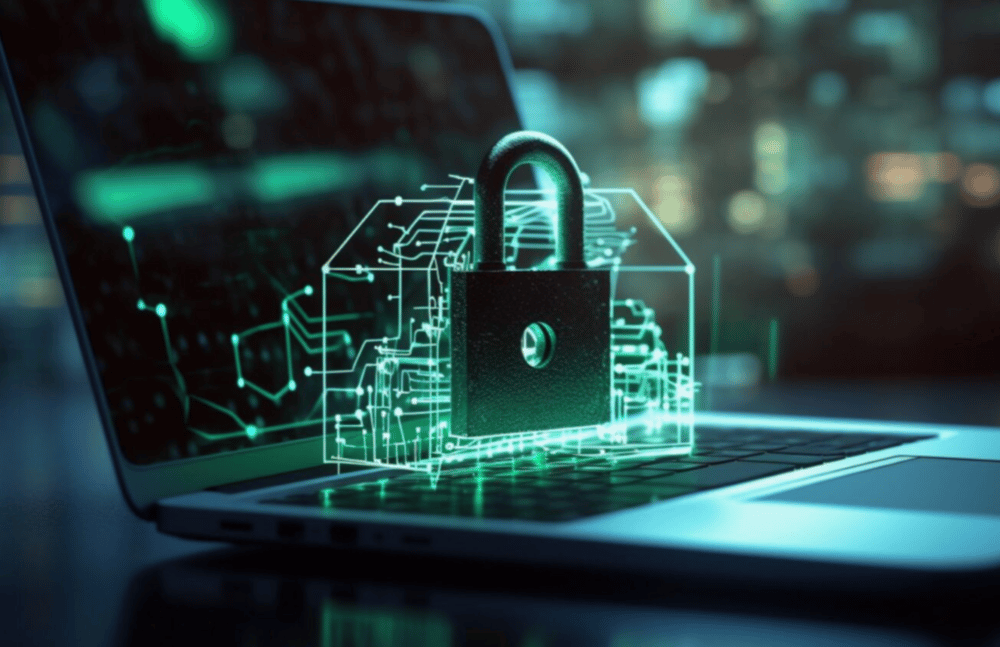Spain's Cybersecurity Scrutiny of Small Power Plants: Strengthening the Grid's Defenses Against Cyber Threats
Spain's energy sector has faced growing concerns over cybersecurity following a significant electricity outage last month. As investigators look into the cause of the disruption, attention has turned to the country’s small and medium-sized power plants, particularly those generating renewable energy. Government officials are now calling for a detailed review of these plants' cybersecurity measures to determine if they were exploited by cybercriminals to disrupt the national energy grid.
With the rising number of cyber-attacks targeting critical infrastructure worldwide, Spain’s decision to assess the vulnerability of its smaller power plants highlights the increasing importance of robust cybersecurity practices within the energy sector.
The Cybersecurity Challenge in Spain's Small Power Plants
While large power plants have invested heavily in securing their operations against cyber threats, smaller facilities—particularly those harnessing solar and wind energy—have been identified as potential weak links in Spain’s energy infrastructure. These plants often have fewer resources to allocate to cybersecurity, making them more susceptible to cyber-attacks.
Key Concerns for Spain’s Small and Medium Power Plants
Limited Cybersecurity Resources: Many small power plants do not have the financial or technical capabilities to implement advanced cybersecurity measures. This makes them more vulnerable to attacks that could disrupt their operations or compromise sensitive data.
Vulnerability of Renewable Energy Infrastructure: With the growing shift toward renewable energy sources like solar and wind power, the lack of comprehensive cybersecurity strategies for these facilities presents a significant risk. Cybercriminals may exploit these gaps to cause widespread outages or damage critical equipment.
Interconnectedness of the Grid: Spain’s energy grid is highly interconnected, and a disruption in one facility can have a cascading effect on other plants. If a small or medium-sized power plant becomes a target, it could potentially impact the entire national energy system.
As Spain continues to transition toward a cleaner energy future, the vulnerability of smaller renewable energy plants has become a pressing issue. Government officials are now focused on ensuring that these facilities adopt proper cybersecurity protocols to protect the integrity of the national grid.

The Government's Response: A Push for Transparency and Strengthened Security
In response to these concerns, Spain’s government has started requiring smaller power plants to provide detailed information about their cybersecurity measures. The goal is to assess whether these plants have the necessary safeguards in place to withstand potential cyber-attacks.
Steps Being Taken to Address Cybersecurity Gaps
Request for Cybersecurity Reports: Spanish authorities are demanding that small and medium-sized power plants, particularly those involved in renewable energy generation, submit comprehensive cybersecurity reports. These reports will assess the effectiveness of existing protections and identify potential areas of weakness.
Implementation of New Regulations: The Spanish government is likely to introduce new regulations aimed at improving cybersecurity standards across the energy sector. These regulations may include mandatory security audits, vulnerability assessments, and a broader framework for monitoring cyber threats in real-time.
Increased Funding for Cybersecurity: To support smaller plants in upgrading their security infrastructure, the government may provide targeted funding or grants. This financial support could help smaller operators implement necessary upgrades to their systems and defenses.
Spain’s commitment to addressing cybersecurity risks in its energy sector reflects the growing importance of safeguarding critical infrastructure in an increasingly digital world. The government is focusing on building a resilient and secure energy system to mitigate the risk of cyber-attacks and protect citizens from potential disruptions.
The Global Implications: Spain’s Cybersecurity Initiatives in the Context of Rising Threats
Spain's move to strengthen cybersecurity in its energy sector comes at a time when cyber-attacks against critical infrastructure are becoming more frequent and sophisticated. Global energy companies and governments are recognizing the importance of proactive measures to prevent attacks that could destabilize national grids and harm economies.

Broader Impacts of Cybersecurity Weakness in Energy Systems
Economic Disruptions: A cyber-attack that successfully disrupts a national grid can cause severe economic consequences, including lost productivity, financial losses for businesses, and rising costs for consumers. These impacts can be especially damaging for smaller countries or developing nations with fewer resources to address such incidents.
National Security Concerns: Cyber-attacks on energy systems are not only an economic issue but also a matter of national security. A successful attack could be part of a larger strategy to undermine a country’s defense capabilities or create political instability.
Global Trends in Cybersecurity Regulation: Spain’s initiative may inspire other countries, especially those with significant renewable energy sectors, to assess and improve their cybersecurity protocols. As more nations adopt digital technologies in their energy infrastructure, the need for robust cybersecurity frameworks will continue to grow.
The global nature of cyber threats means that the security of energy systems cannot be addressed in isolation. Collaborative efforts between governments, energy companies, and cybersecurity experts will be essential to safeguarding the future of the global energy infrastructure.
Conclusion: Strengthening the Security of Spain’s Energy Sector
As Spain takes critical steps to secure its small and medium-sized power plants from cyber threats, it is evident that the nation is committed to ensuring the resilience and stability of its energy grid. The increased scrutiny of cybersecurity measures in these facilities is a necessary response to the growing threat of cyber-attacks targeting the energy sector. By implementing stronger regulations and providing necessary resources for smaller operators, Spain is setting a precedent for other nations to follow in protecting their energy systems.
With the energy landscape increasingly relying on digital technologies and renewable energy, robust cybersecurity measures will be indispensable for the future security and efficiency of power grids worldwide. Spain’s initiative is a timely reminder of the need for vigilance and preparation in the face of evolving cyber threats.















Comments